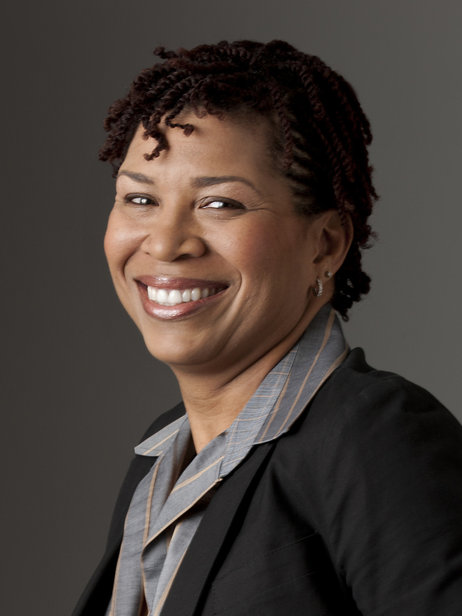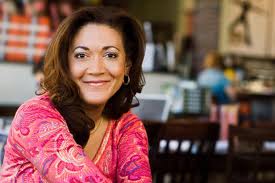Born in Brooklyn, N.Y., Martin has worked for the Washington Post, ABC News and the Wall Street Journal as its White House correspondent. She won an Emmy for her Nightline reporting. In hosting “Tell Me More,” she focused on religion, race and spirituality. In an interview with NPR’s media reporter, David Folkenflik, Martin blamed top NPR leadership for failure to institutionalize support for the program, admitting she had “scar tissue” from the cancellation. But in a recent essay for the National Journal, “What I’ve Left Unsaid,” Martin expressed gratitude for her NPR platform, which had given her “a place for women from all backgrounds to tell their own stories, and discuss what it really takes not just to survive but thrive.”
She also recognized that she still has something to say.
When the National Journal asked for a reflection piece on what “leaning in” to your career looks like as a woman of color, Martin culled from her own experiences. She considers the societal and economic pressures facing Black, Asian and Latina women. “This is really my letter to my colleagues who might be sitting right next to me, or down the hall from me, and don’t really think about the challenges that their peers face, and could,” she explains.
“I am not a women’s-studies scholar, but my reading of history suggests there has always been a divide between white women activists who have seen a connection to the concerns and struggles of women of color, and others who don’t think about it or couldn’t care less, such as the organizers of the historic 1913 suffragist march on Washington who insisted that black women march separately at the back (which Ida B. Wells, a journalist and antilynching activist, refused to do, by the way).
“This is amazing to me because we cannot fully understand, let alone solve, the important issues around women, work, and family in America without acknowledging the important role that women of color have played in that history. From America’s earliest days, the story of women of color has been the story of working women: enslaved Africans who picked tobacco and cotton, indentured Japanese and Chinese women who cut sugarcane, Latina farmworkers who have gathered the food the nation eats, women of every race who have done domestic work. ”



